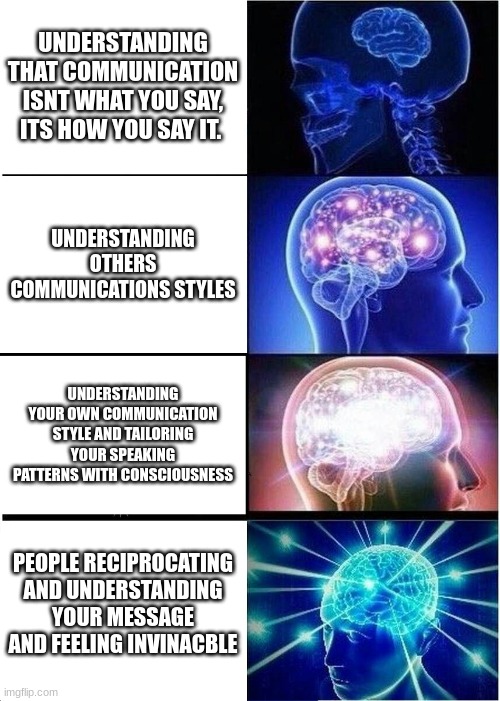Organisations as communication systems: The Manager's Unexpected Journey
Apparently you must take a Journey of 1000 steps in order to manage your business information successfully. From the title alone- it sounds like quite the wild journey. Maybe I should switch my major to... business? Unfortunately, The Journey of 1000 Steps does not live up to its name. It turns out that you do not need to take a physical journey of 1000 steps, instead it is a metaphorical journey that describes the various technological and systematic changes that happen in order to manage your business info. I can't speak for everyone, but I know that I would rather climb the highest mountains and swim in the depths of the darkest seas to find the perfect information management system- but the world we live in is a real let down. The Journey of 1000 steps is apart of the '10 principals of successful information management' that is found in the chapter Organisations as Communication Systems in the Organisational Communications Text. Information management refers to the
